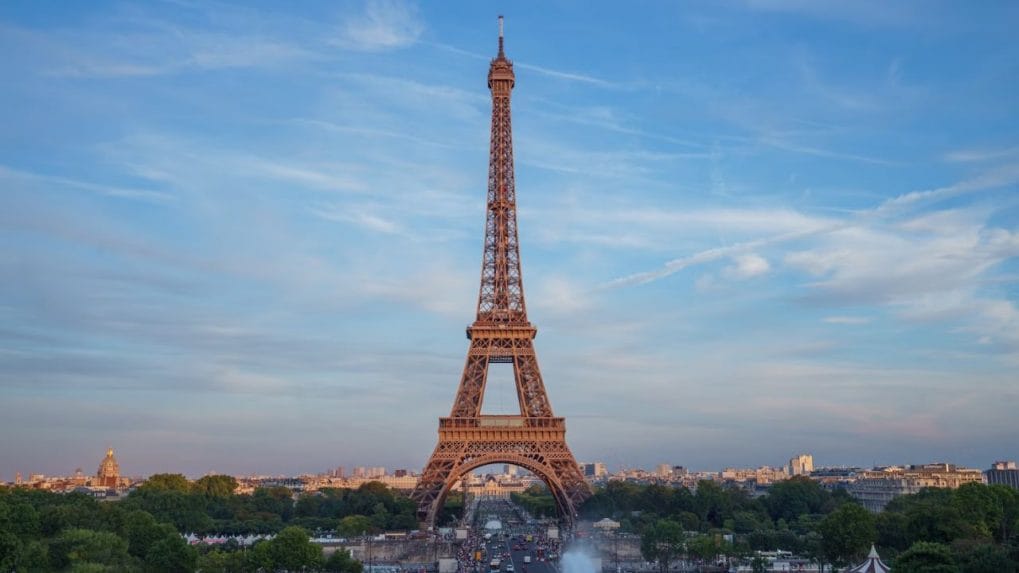Advertising
Layoffs in Adland: Omnicom's acquisition of IPG nears finish line. But at what human cost?

In a year where Indian passports opened doors to 58 visa-free or visa-on-arrival destinations, spontaneity became the buzzword for international travel in 2024.
According to Niyo's latest Travel Report, 48% of Indian travellers booked flights just 0-7 days before departure, highlighting a growing trend of last-minute travel plans.
The impulsiveness was complemented by a touch of preparation, as 30% of visa applications were still submitted 16-30 days prior to travel, according to the report.
The preference for short escapes dominated, with 66% of trips lasting less than seven days. But not everyone was in a rush—17% opted for indulgent holidays stretching 15 days or longer. And safety was top of mind. The report recorded a whopping Rs 43.2 crores in travel insurance policies sold, largely driven by younger travellers safeguarding their journeys with plans valued at Rs 50,000-Rs 1,00,000.
Television shows like Emily in Paris inspired a wave of wanderlust, with 30% of Indian women choosing France as their dream destination.
The allure of Parisian charm was rivalled by the UK (29%) and Singapore (26%). Meanwhile, male travellers gravitated towards Thailand's beaches and nightlife (80%), followed by the UAE (77%) and the USA (76%), the report added.
Dubai emerged as the overall top international hotspot, welcoming 45% of Indian holidaymakers.
Vietnam's cultural and natural attractions drew 15%, while Oman and Japan each captivated a niche 1%.
Comfort took center stage as 13% of travellers invested in extras like pre-booked meals, seat selection, and additional baggage allowances, reflecting an increasing desire for personalized travel experiences, the report added.
According to LinkedIn’s research with over 1,700 B2B tech buyers, video storytelling has emerged as the most trusted, engaging, and effective format for B2B marketers. But what’s driving this shift towards video in B2B? (Image Source: Unsplash)
Read MoreIndia’s parliamentary panel warns fake news threatens democracy, markets and media credibility, urging stronger regulation, fact-checking, AI oversight and global cooperation.